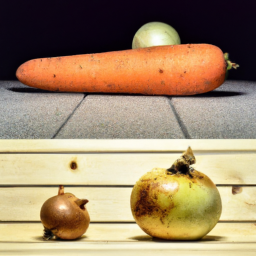546
Newsletter
Subscribe to our newsletter for exclusive content, latest news and trends, and exciting new features.
Categories
Home and gardenTravel and tourism
Business and entrepreneurshipBeauty and personal careFood and cookingLiterature and writingArts and cultureSports and fitnessLifestyleEducation and learningGaming and esportsScience and naturePets and animalsHealth and wellnessMusic and EntertainmentTechnologyEntertainmentEnvironment and sustainability




















Comments
Leave a Comment